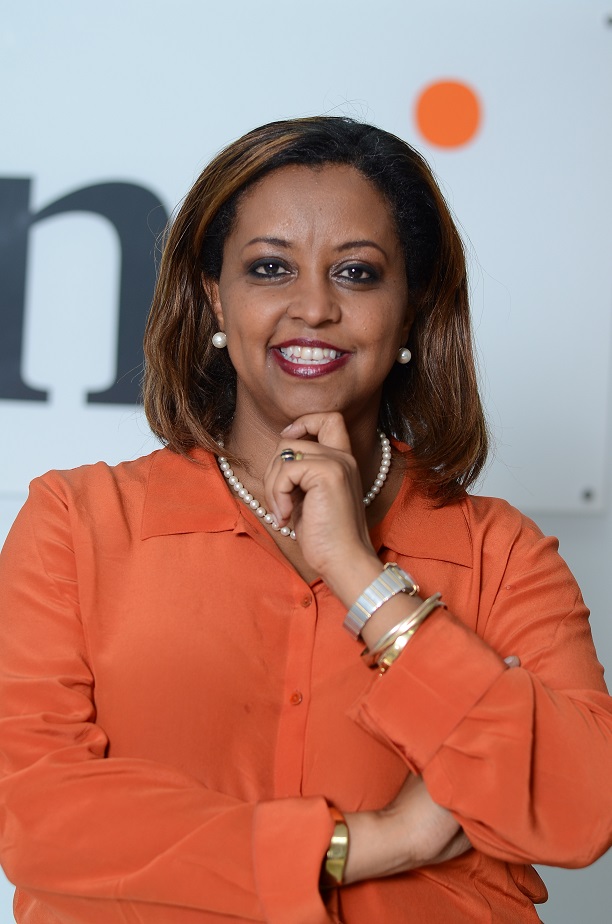|
 |
|
Dr. Eleni
Gabre-Madhin |
|
Eleni receives green light to set up
Ghana Commodity Exchange
By Masahudu Ankiilu Kunateh
Eleni LLC, a newly-formed company based in Nairobi, Kenya,
with equity investments by Morgan Stanley, International
Finance Corporation (IFC), the private sector arm of the
World Bank, and 8 Miles Fund, a private firm in London, has
received the green light from the Securities and Exchange
Commission (SEC) to set up the Ghana Commodity Exchange (GCX)
within a 12-month timeframe.
The Co-founder and Chief Executive Officer (CEO) of Eleni
LLC, Dr. Eleni Gabre-Madhin, disclosed this to the
Ghanadot.com in Accra over the weekend.
Dr. Gabre-Madhin, who was in Accra last week at the
invitation of the Government of Ghana, described her trip to
Ghana as “very successful.”
She told the newspaper: “Our company has been working on a
roadmap to design the Ghana Commodity Exchange. And having
completed that roadmap, we have now received a green light
to proceed to put together an investment proposal, which
will be a Public-Private Partnership to put together the
necessary design and implementation and technology to
establish a vibrant commodity exchange in Ghana.”
Dr. Gabre-Madhin added: “Our thinking is that once the
investment group would be formed, and the agreement is
reached with the government, then we would proceed with the
12-month timeframe, so, hopefully late 2014, rather early
2015.”
Building on the success of the highly-acclaimed Ethiopia
Commodity Exchange (ECX), which she founded and managed from
2008 to late 2012, Dr. Gabre-Madhin said her equity
investment firm was positioned to be the industry leader in
designing, building, and supporting the operations of
commodity exchange eco-systems in frontier markets,
including Ghana.
The company’s business model, which is based on delivering
turnkey projects on a Public-Private Partnership (PPP)
basis, combining private investment with the best of
know-how, technology and management to support exchange
projects, revealed that apart from the three investors, they
were in the process of working with local partners and
co-investors to finance the commodity exchange for Ghana.
When asked how much is likely to spend on the project, Dr.
Gabre-Madhin, who is also an Economist, answered: “It is a
bit early to say, but it is about the establishment of the
commodity exchange and eco-systems, which is the storage,
infrastructure and logistics business, so it is a
comprehensive investment which may be around $50 million.”
According to her, a commodity exchange much like the stock
exchange is the way for buyers and sellers to come together
and trade in a much transparent and reliable manner.
Now, in the case of commodities, unlike the stock, a
commodity exchange involves a number of actors that
typically have already been functioning in the informal or
traditional agricultural market, namely farmers, small scale
traders, commercial growers, processors, exporters, and
national buffer firm(s), among others, towards the expansion
and improvement of the sector as a whole, she explained.
Dr. Gabre-Madhin further explained that “the landscape is
actually quite a bit more diversified and complex than the
Stock Exchange. The central advantage of a commodity
exchange is to really create a common language and common
principles, and set of goals by which the market is
organised.
So that, we can achieve a more efficient and very quickly,
and readily trade with each other, and without having to
face high risk, high cost, being cheated, having contract
default, or somebody disappear with the goods or not pay on
time, or no delivery on time and other things that currently
constraint the growth of our agricultural economies, because
of such high risks and costs, she stated.
The Co-founder and CEO of the Eleni LLC stressed: “We can
try to find a solution to these through a common exchange,
which would basically have standardise contracts, and a very
transparent market information system, a way to reliable
collect the fees or payments from the buyers and transport
them to the payment and settlement systems, when we settle
payment to the market in a very reliable and risk free way.
“So, advantages of the commodity exchange are orderliness in
the market, efficiency, transparency, and integrity.”
An Economist at the University of Ghana, Legon, Emmanuel Nii
Abbey, who shared the same sentiments expressed by Dr.
Gabre-Madhin, added that the successes of the yet-to-be
established GCX would further boost growth in Ghana’s
agricultural sector, which employs about 80% of the
population, and which will then support the industry and
services sectors.
|



